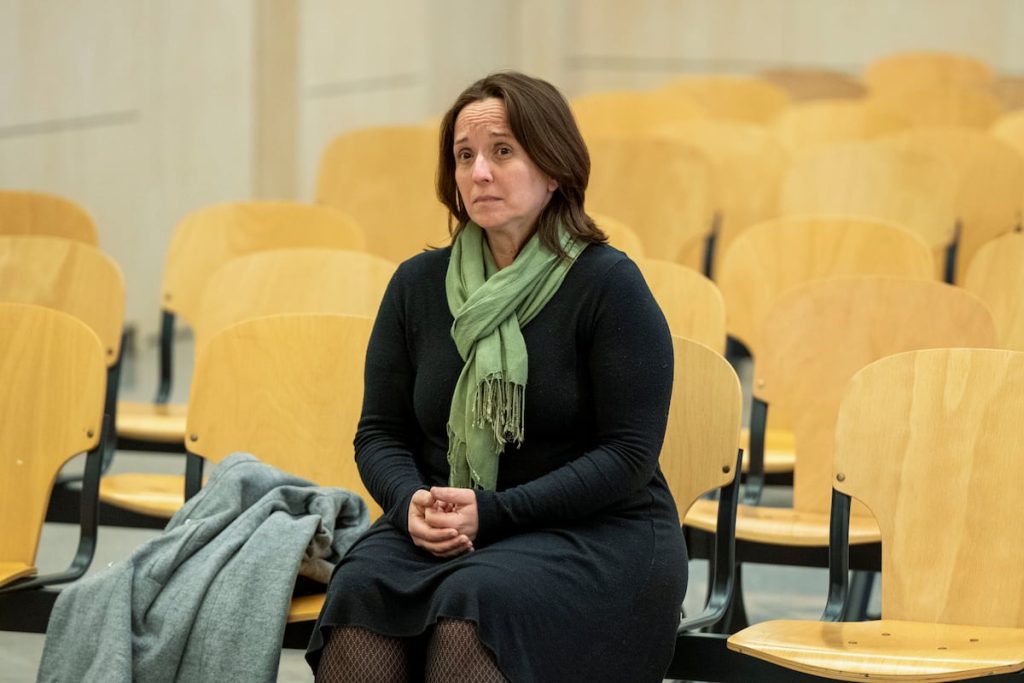Ainhoa García Montero, also known as Laia, admitted on Monday to participating in the 2000 assassination of businessman José María Korta. The former ETA leader confessed to her role in planting the car bomb that killed Korta, who was the president of the Adegi employers’ association in Gipuzkoa. Laia, who is already in prison for other crimes, made her admission during a trial at the National Court. The prosecution has reduced its request for a sentence to 26 years and 9 months, down from the initial 30 years. The trial, which took only a few minutes, saw Laia respond with a simple “yes” in Basque when asked if she admitted to the crimes.
Jose María Korta, who was unarmed, was murdered in August 2000 at the age of 52. He was married and had three children. According to the prosecution’s case, Ainhoa García was part of the Buruntza commando at the time and was involved in the plot to kill the businessman, who was known for his support of dialogue with ETA. The terrorist group gathered information on Korta and provided a stolen Fiat Tipo vehicle, which was loaded with 15 to 20 kilograms of explosive gelatin or rubber-type dynamite in a pot in the trunk. Laia and another member of the commando replaced the license plates of the car to avoid detection.
The criminal plan was carried out on August 8th when Laia and another ETA member parked the car bomb next to Korta’s vehicle in a parking lot near his company. They waited for over an hour for Korta to appear. When he left the building around 12:15 to go to a lunch meeting, the terrorists detonated the bomb remotely, killing Korta instantly. The explosion was a result of a radio-controlled device. Korta’s assassination was a significant blow to the community and the peace efforts in the region during that time, as he was known for his advocacy of dialogue over violence. Laia’s admission sheds light on the level of planning and coordination involved in such acts of terrorism.
The National Court trial also highlighted Laia’s role as a leader in ETA’s military apparatus, overseeing various commandos. The swift acknowledgment of guilt and the acceptance of a reduced sentence by both the prosecution and victim associations reflect a shift in attitudes towards accountability for past terrorist activities. Laia’s willingness to take responsibility for her actions may also serve as a step towards closure for the victims’ families and a reminder of the impact of terrorism on society. The legal proceedings serve as a reminder of the consequences of political violence and the ongoing efforts to bring justice to those affected by such acts.
The murder of José María Korta remains a tragic chapter in Spain’s history of ETA violence, underscoring the need for continued efforts to address past atrocities and seek reconciliation. The admission by Laia of her involvement in the assassination provides a measure of closure for the victims’ families and a step towards accountability for past crimes. The reduced sentence reflects a willingness to acknowledge the harm caused by terrorist acts and the importance of justice in the healing process. As Spain continues to grapple with the legacy of political violence, the trial serves as a reminder of the ongoing need for truth, justice, and reconciliation in order to move forward from the dark period of ETA terrorism.


